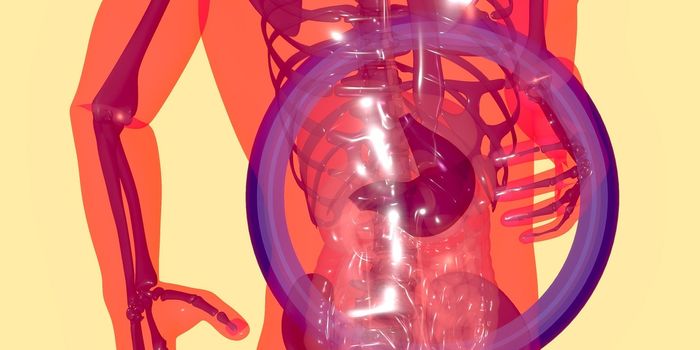Laying the Groundwork to Use Viruses Against Bacterial Pathogens
For decades, humans have relied on antibiotics to eliminate bacterial infections, and for a long time, those antibiotics worked reliably. But microbes, like other forms of life, can evolve to find ways around the things that impede their growth and survival. Pathogenic bacteria are doing that with antibiotics, and while scientists are searching for new antibiotic compounds that can be used therapeutically, creating new medicines presents many challenges and can take a long time. Bacteriophages, which are viruses that only infect bacterial cells, might be a solution to the problem of antibiotic resistance. But if they are going to work against infections in humans, we need to know more about them first.
Scientists have now used a variety of methods including cryo-electron microscopy, machine learning, and simulations to characterize the structure and function of a bacteriophage that normally lives in the human gastrointestinal tract. The phage, called ϕKp24, could be useful against multidrug resistant strains of Klebsiella pneumoniae. The work has been reported in Nature Communications.
The World Health Organization has designated K. pneumoniae a priority 1 pathogen, meaning that it is critical to create new antibiotics that can eliminate these infections. There are over one hundred genetically distinct types of K. pneumoniae, which can cause bacteremia, urinary tract infection, pneumonia, and other diseases. Immunocompromised individuals are at particular risk.
Although bacteriophages can destroy multi-drug resistant K. pneumoniae, most of these phages are very individualized, and will only attack specific strains of the pathogen. This study aimed to reveal more about the ϕKp24 phage, which may be able to attack multiple strains of K. pneumoniae.
The study authors suggested that ϕKp24 may be a good candidate for the development of phage therapy for humans.
"The problem with phage therapy is that bacteriophages don't work on all bacteria, even from the same species. In contrast to many known bacteriophages, this one is special because it works on many different subtypes. This makes it a good candidate for phage therapy," explained corresponding study author Professor Ariane Briegel of Institute Biology Leiden. "By learning more about how the bacteriophage works, we can hopefully treat people with it in the future."
Sources: Leiden University, Nature Communications









